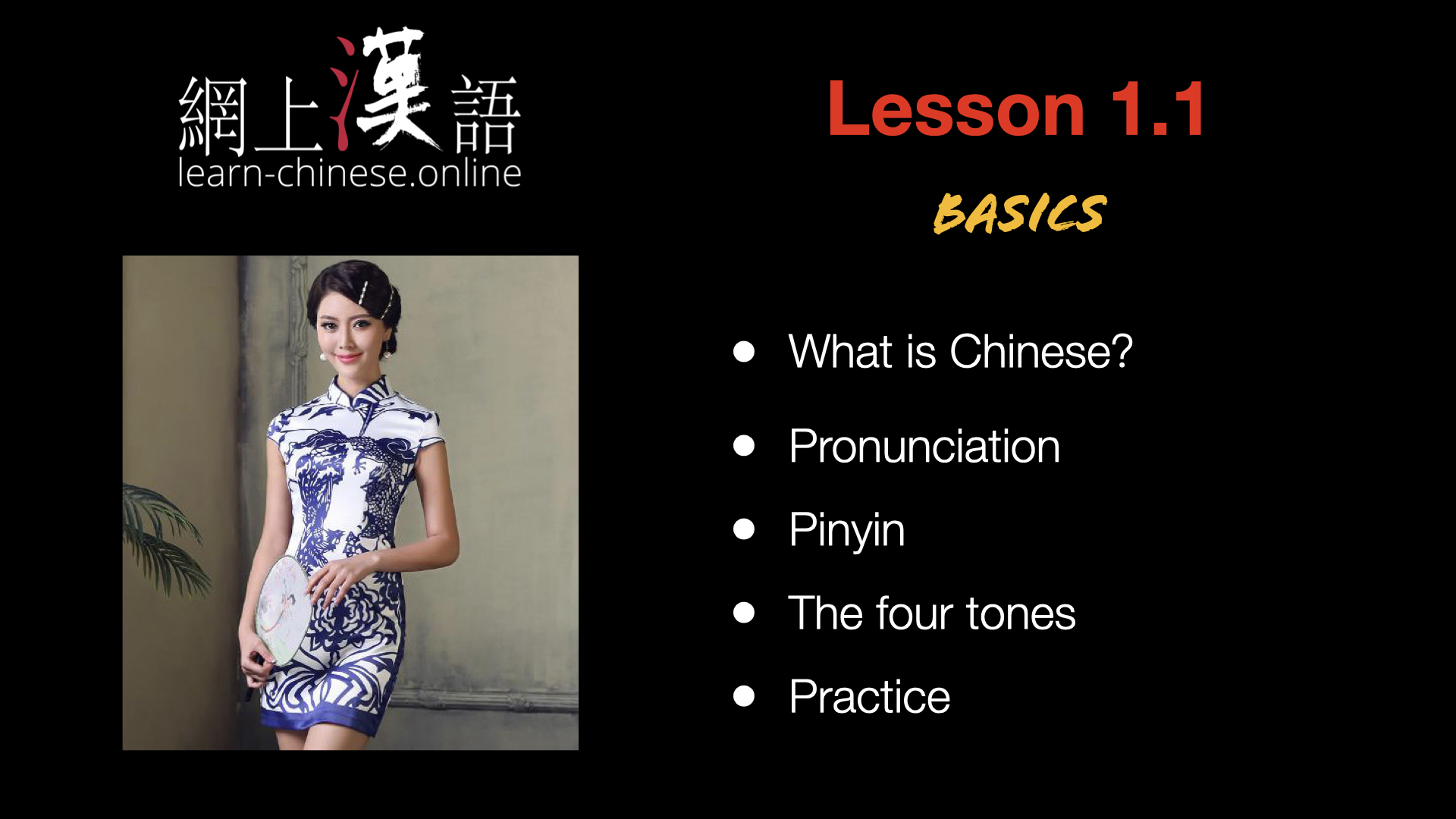Learn chinese. Lesson 3: Presentations
Phonetics and vocabulary
: she. Sounds like he, but the character is different. The is aspirated like in English:
: Be named (+ family name). The is pronounced with the back of the tongue and final is not pronounced , but dies in the throat:
: call / be called (+ first name or family name and first name ). The is pronounced like 'dz' but with the back of the tongue:
: what ?
: first name is not pronounced and dies in the throat. After the , the is pronounced :
: who ?
: mister. The is pronounced like an but with the back of the tongue. is pronounced like :
: student (different from .See grammar).
: miss.
: be. After the (the is pronounced as in French ), the is pronounced :
: to know. The is pronounced as in French:
: (possessive particle)
: Be happy , happy.
: A first name, literally little light.
: A surname / (king) (the word king is said ).
: A surname / plum (the word plum is said ).
Note the tone: when two low tone are together, the first syllable becomes rising tone:
- become
- become
This transformation is only spoken and not written.
← Previous page - summary - Next Page →

































